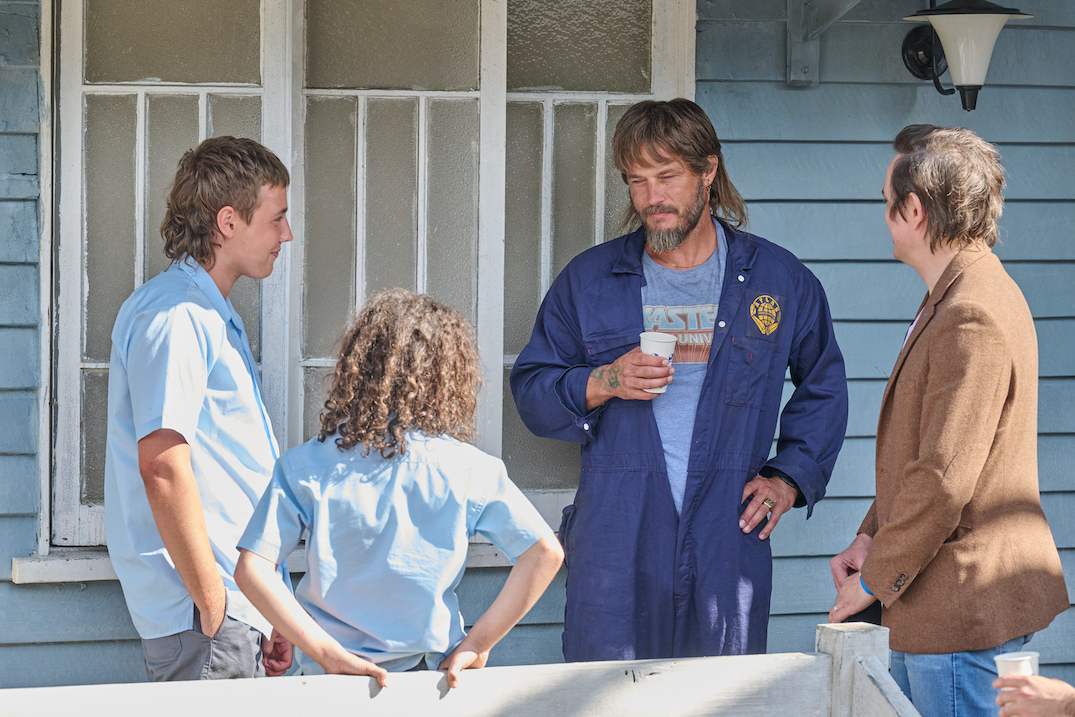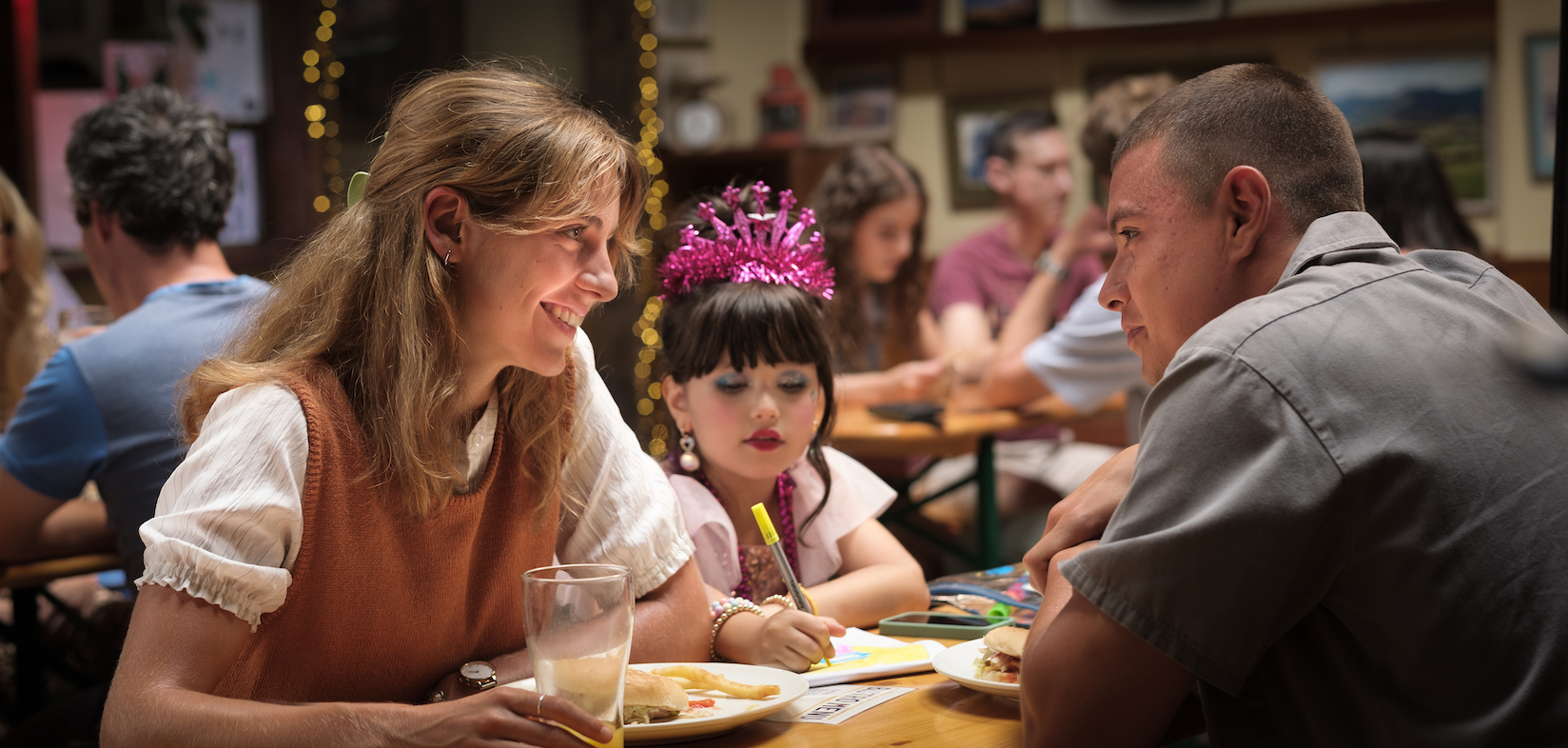The Australian Government has flagged its intentions to legislate local content quotas for the steaming giants, such as Netflix, Disney+ and Amazon’s Prime Video, with the industry now digesting the news and gearing up to agitate and advocate as the consultation process ramps up a notch.
The streamers are thus far publicly mostly saying they are open to discussions and debates, and also pointing to the numerous local productions they have invested in without any existing legal requirements.
Behind the scenes though, they are seeking out definitions for what would constitute a “local production”, what sort of quotas could be put in place, and noting the increasing budgetary pressures facing the local sector.
Multiple sources with vested interests in the debate have pointed to various reports, which they say prove the local screen sector is already thriving. ACMA data, for example, shows spend of $355 million from the streaming video on demand (SVOD) sector for the 2022 financial year, up from $179 million the year prior.
The issue with this growth, however, is ongoing shortages in both skills and critical production infrastructure, which is driving significant cost inflation and causing delays on various projects, they said.
One argued that implementing content quotas for the streamers would artificially inflate the trend towards Australian content and further exacerbate the existing cost and skills issues.
In addition, companies such as Paramount ANZ, which owns both television network Network 10 and streaming service Paramount+, and Nine Entertainment, responsible for the Nine Network and streamer Stan, argue they should not be facing double regulation. They are increasingly organising their businesses as multi-platform and commission accordingly.
For now, however, all of those who were willing to comment on-the-record are remaining positive and open, whilst also pointing to their existing local content credentials.
Netflix, with recent local commissions including “Heartbreak High” and “Boy Swallows Universe“, said: “Netflix’s position is clear: we don’t oppose regulation, but do want it to be sustainable, equitable and evidence-based. We look forward to positive consultation with the Government on “Revive” to shape media regulation that creates good outcomes for Australian storytellers and audiences, and will continue to see our many home-grown films and shows enjoyed here and around the world.”
Paramount ANZ, meanwhile, noted its cross-platform commitments.
“Paramount ANZ is already one of the largest investors in Australian content across all its platforms including free-to-air, BVOD [broadcast video on demand], pay TV and streaming service Paramount+,” a spokesperson said.
“Since the launch of Paramount+ in August 2021, we have invested in and commissioned 19 Australian programs across a variety of genres. We are proud of the fact that we have commissioned more local content than any other streaming service within the same timeframe. We love telling Australian stories and working with talented local creatives and our audiences both here and abroad embrace the content we produce right here in Australia.
“Paramount ANZ looks forward to continuing its discussions with the Government regarding how best to support the ongoing development of Australian content in a way that is achievable and sustainable for the local screen production sector and supports the diverse tastes of all our audiences.”
Paramount+’s local commissions include Australian drama “Five Bedrooms”, which shifted from Network 10 to the SVOD service for Season 2, plus the upcoming “The Last King of the Cross”.
Nine Entertainment, meanwhile, was the only media company to attach a name to its response, opting to have CEO Mike Sneesby react to the news.
“We appreciate the Government outlining its timetable, and we look forward to participating in the consultation process to help ensure an appropriate outcome is reached,” he said.
Stan’s local commissions include “Black Snow“, “No Activity” and “Bump“.
This financial year, Stan will premiere 20 Stan Originals, up from nine in the year ending June 30, 2022.
Foxtel Group is another blended business, with traditional subscription service Foxtel, as well as streaming option Foxtel Go, entertainment offering Binge and sports-centric Kayo.
A spokesperson for the wider group said it had a long history of bringing critically acclaimed Australian stories to the screen, and it would remain a committed local champion.
“The Foxtel Group is currently regulated under a legislated pay TV drama spend obligation and unlike other broadcasters who also own a streaming service, Foxtel does not purchase or commission additional content for its streaming services. Our model is to acquire and commission Australian content and distribute that content across both Foxtel and Binge,” the spokesperson said.
“Every year, the Foxtel Group makes a substantial contribution to the Australian economy as a significant player in the local production and dissemination of high-quality Australian stories. This contribution extends beyond Australian drama to other popular genres including lifestyle, factual and news, creating valuable Australian jobs in the creative industry.
“We have a number of new Australian productions launching in 2023 including Season 2 of the award-winning series “Love Me”, the return of “Rockwiz” to the screen and many more. We look forward to continuing to work closely with the Government in the coming months as part of the consultation process.”
Amazon’s Prime Video did not offer comment.
It did, however, note that since 2019, it has commissioned 23 Amazon Original series in Australia including “The Test”, “LOL: Last One Laughing Australia” and “Luxe Listings“, as well as the first Australian Amazon Original movie “Five Blind Dates“.
Reality-focused Hayu declined to comment, as did Apple TV+, while Disney did not respond.

































